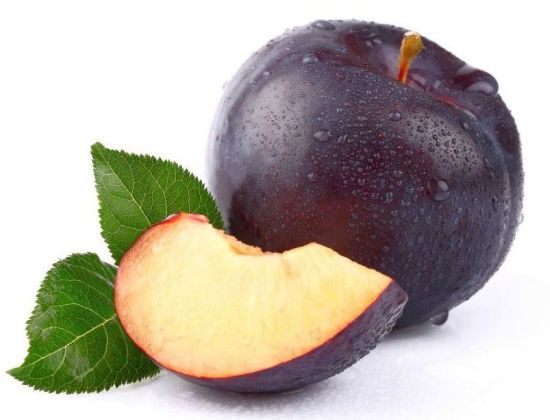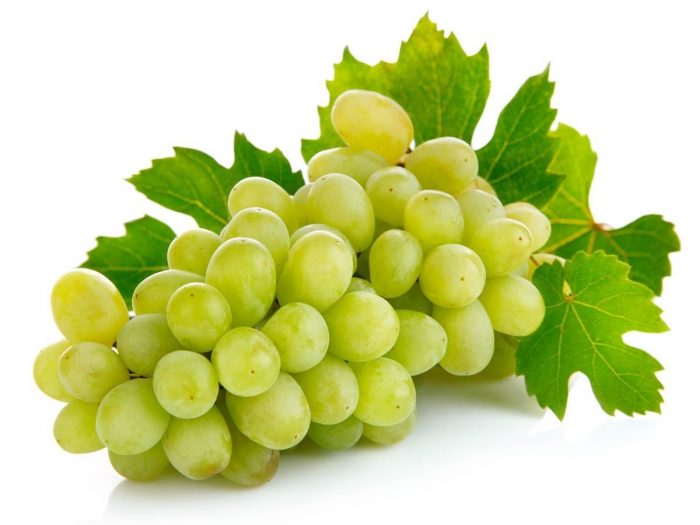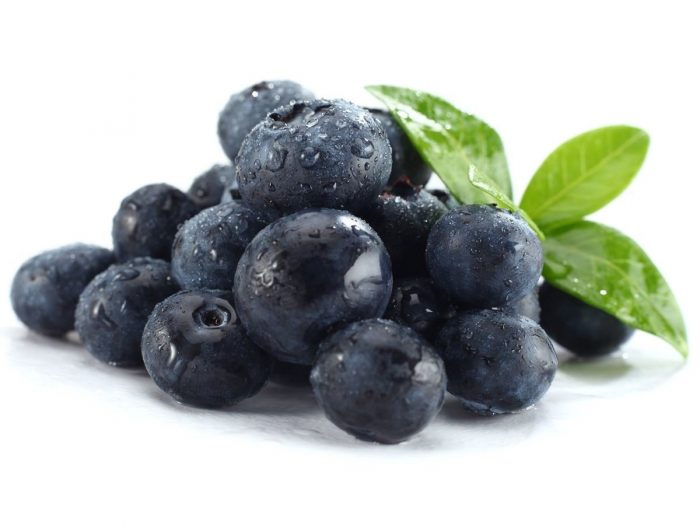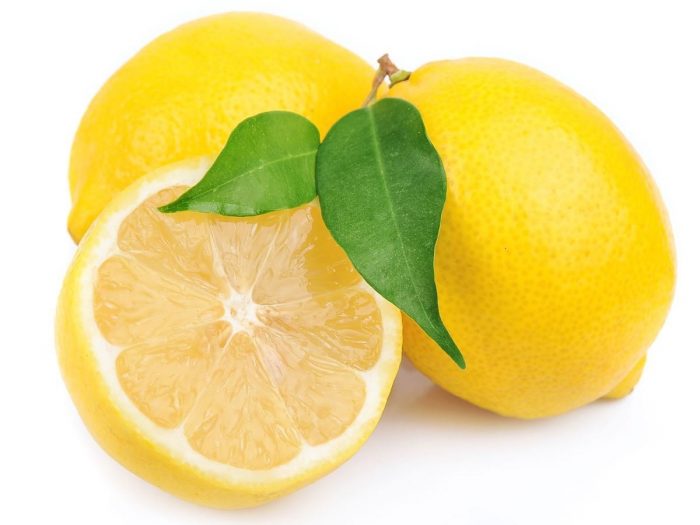Nutritional Value of Plums and Pomegranates
Nutritional Value of Plums and Pomegranates
 Nutritional Value of Plums: Plums are one of those fruits that are rich in dietary fiber, helping to create a healthy digestive system. It is cultivated all over the world for jam manufacturing. Also, its dried version, called ‘prunes’, provides another way of getting healthy. Oil from prune kernels, various drinks, pickles, and a popular alcoholic drink Slivovitz that originated in Eastern Europe are all derived from plums. Plums are often related to Apricots by researchers because they closely resemble one another.
Nutritional Value of Plums: Plums are one of those fruits that are rich in dietary fiber, helping to create a healthy digestive system. It is cultivated all over the world for jam manufacturing. Also, its dried version, called ‘prunes’, provides another way of getting healthy. Oil from prune kernels, various drinks, pickles, and a popular alcoholic drink Slivovitz that originated in Eastern Europe are all derived from plums. Plums are often related to Apricots by researchers because they closely resemble one another.
Nutritional Facts About Plums
Plums are enriched with minerals like potassium, magnesium, manganese, copper, and phosphorus. Other minerals such as calcium, iron, and zinc are also present in small quantities.
Vitamin Content of Plums
Huge amounts of vitamin C, K, and A are present in plums. Considerable amounts of thiamin, riboflavin and niacin are also contained there. Vitamin E, B6, folate, and pantothenic acid are present in trace amounts.

Caloric Content of Plums
Plums have a caloric value of 46.0 per 100 grams.
Health Benefits of Plums
Consumption of plums improves the performance of your digestive system and they act as a laxative. Furthermore, the presence of phenols and vitamin C ensures good antioxidant protection. They prevent your eyesight from deteriorating and enhances immunity against cancer-related diseases. Iron absorption in the body is increased by eating plums and heart-related risks are minimized as well.











